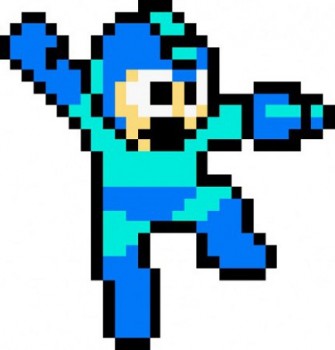 I’m a fan of video games – although not quite your average video game fan. Since first playing on a NES in 1987, I’ve been a dyed-in-the wool Nintendo-head. Lately, I’ve been buying a bunch of games that I used to play when I was in my early teens – games from the NES, SNES and N64. I’ve faced up to the awkward truth and admitted to myself that “I am a retro gamer”. I still get nostalgic and over-excited when someone like Rolo Tomassi break out the 8-bit synth sounds – just because it takes me back to my youth spending warm sunny days indoors.
I’m a fan of video games – although not quite your average video game fan. Since first playing on a NES in 1987, I’ve been a dyed-in-the wool Nintendo-head. Lately, I’ve been buying a bunch of games that I used to play when I was in my early teens – games from the NES, SNES and N64. I’ve faced up to the awkward truth and admitted to myself that “I am a retro gamer”. I still get nostalgic and over-excited when someone like Rolo Tomassi break out the 8-bit synth sounds – just because it takes me back to my youth spending warm sunny days indoors.
I’m finding that I still really, really love the soundtracks to these games, old and clunky as many of them are. Although some of this is the befuddling work of nostalgia, there is a distinct and outmoded style of music that appeared on the MIDI-driven cartridge consoles before disc-based machines made WAV audio the computer game music of choice. That style is a style I love.
It’s a strange, eclectic mix that came about when classically trained Japanese musicians were given free rein in new and unfamiliar territory. Bringing together their knowledge of eastern and western classical melody and jazz harmony, while at the same time pushing the boundaries of the consoles they were working on, they produced unique soundtracks, many of which sound like JS Bach playing jazz-funk fusion. It’s like Kraftwerk on speed.
The limitations in sound depth and tone quality were made up for in extremely unconventional instrument choices. Drum beats – especially hi-hats – were often kept to a minimum to deal with restrictive polyphony limits (the number of notes or noises the computer could play at one time). Some games really pushed the consoles right to the edge – I know of several games where elements of the music have to drop out to handle sound effects, including walking up stairs.
Despite this limitation (or perhaps, in part because of it), some of the most seminal video game tunes were made in this era – tunes that still appear – albeit in updated forms – in longstanding game franchises such as Super Mario Bros, Legend of Zelda, Metroid and Castlevania. Unfortunately for me, nowadays, originally composed soundtracks for computer games are on the wane – mostly due to the ‘EA Sports’ approach, where mainstream music is ported on to the game in a user-editable playlist. Credit is due to Rock Star games though – whose Grand Theft Auto series is often soudtracked by subtle parodies of mainstream music.
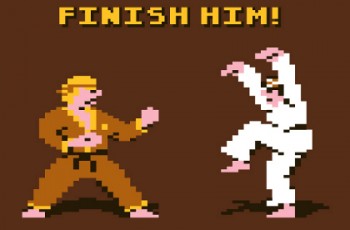 There is no set ‘type’ of computer game music, because the themes involved in the games are so wide and cover the whole gamut of human situations and emotions (and beyond). Tunes vary from the super-intense to off-kilter jazzy muzak, but I think the music can be divided in to two different distinct types – the first type generally composed for platform, beat-em-up and racing games, and the second for role-play style games (RPGs).
There is no set ‘type’ of computer game music, because the themes involved in the games are so wide and cover the whole gamut of human situations and emotions (and beyond). Tunes vary from the super-intense to off-kilter jazzy muzak, but I think the music can be divided in to two different distinct types – the first type generally composed for platform, beat-em-up and racing games, and the second for role-play style games (RPGs).
The first style, typical of early 8-bit ‘Nintendo-hard’ platform games, is intricate, frantic, up-tempo and in-your-face and it attempts to build tension and raise your heart rate and adrenaline to the point where you either make stupid mistakes or you finish the level with shaking hands. Early games were often based on very technical button combinations or extremely accurate timing and usually contained severe and frequent peril (including bottomless pits and spikes of doom) – resulting in a pretty agitated mental state for the user. This was exacerbated by the fast, frantic music – but the level of tension and immersion is a rush that is hard to replicate in any other activity, and the music is an integral part of that experience.
RPG music would often be played in the background during extended periods of exploration or dungeoning so it’s usually more stripped-down, hypnotic and chilled out, with variations on a simple theme, or more atmospheric ‘soundscapes’. It’s the kind of music that lulls you in to a timeless state, where a whole afternoon will pass without even being noticed. Many of these games, of course, revert to hyper-music for boss battles. Some of the best music in this field can be found on Square/Enix games like ActRaiser, Soul Blazer, Chrono Trigger, Secret of Mana and the epic Final Fantasy series – but it arguably reached its peak in Nintendo’s seminal Legend of Zelda: Ocarina of Time.
My personal favourite is actually Secret of Mana – not solely for the sheer variety and quality of the music itself (although in itself it probably remains one of the best video game scores of all time) – but for how appropriate the music is to the storyline, which is by turns emotional, action-driven and beautifully pastoral in its feel. If you’re keen to sample some of the 16-bit greatness (or indulge in a bit of reminiscence), there are various sets of videos featuring selections of music from video games, including this series of compilations ‘The Music of Video Games’ from YouTube user ‘garudoh’: which currently contains over 500 videos. (http://www.youtube.com/user/garudoh)
Some of the standouts from this epic list, as well as those listed above, are: Monkey Island, Mega Man, Mario Kart, F-Zero and Street Fighter 2. An honourable mention to 1993’s Rock and Roll Racing, which incorporates MIDI versions of some of the best music of all time. Are there any personal favourites from readers?



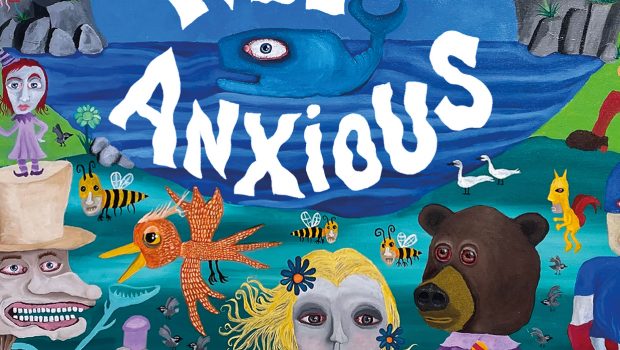
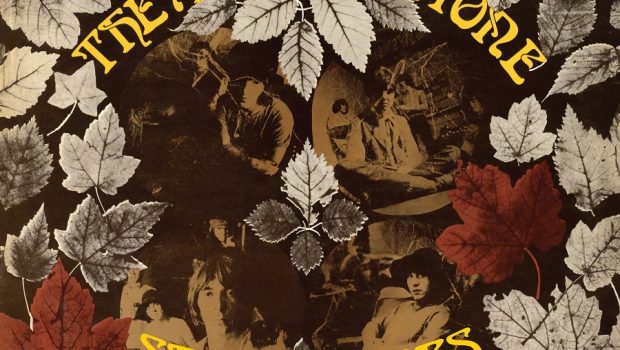
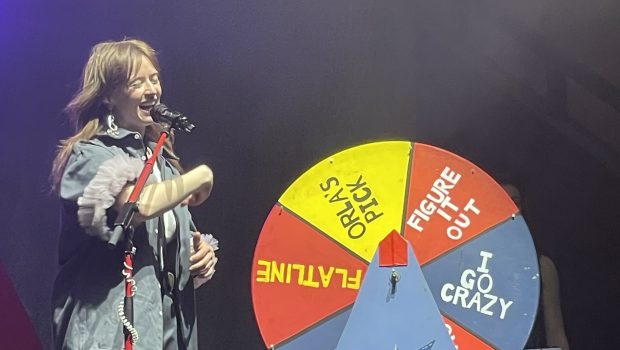
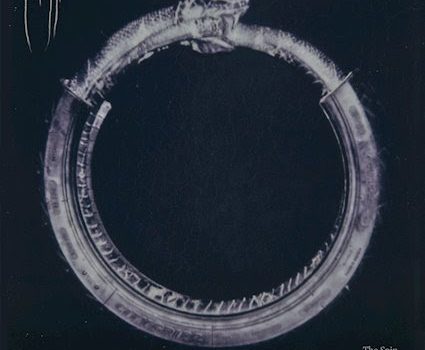

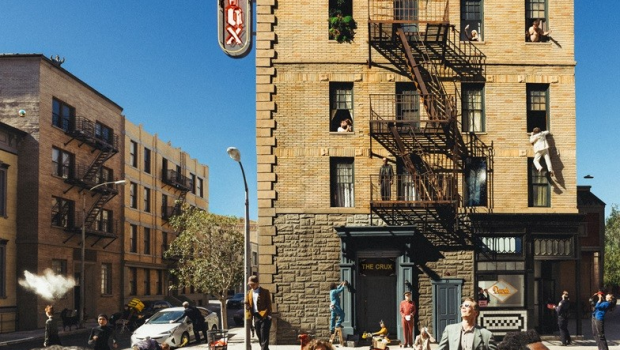

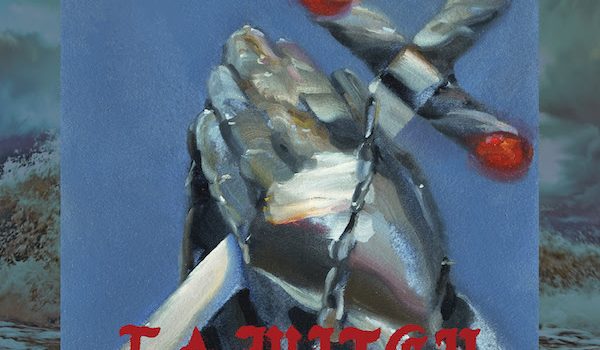
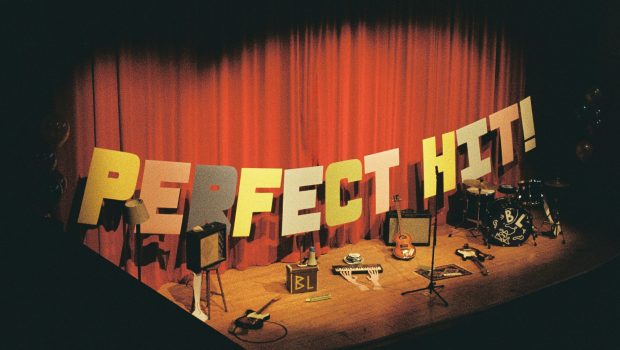

Great article! ADMISSION – I love computer game music too! Retro games that is. I recently got bought a Stylophone and spent hours playing game music on it, namely Super Mario Bros/Zelda/Pokemon. My neighbours must ACTUALLY hate me.
Also, whenever I get on a bike, I secretly wish that the Pokemon bike ride theme tune would start playing.